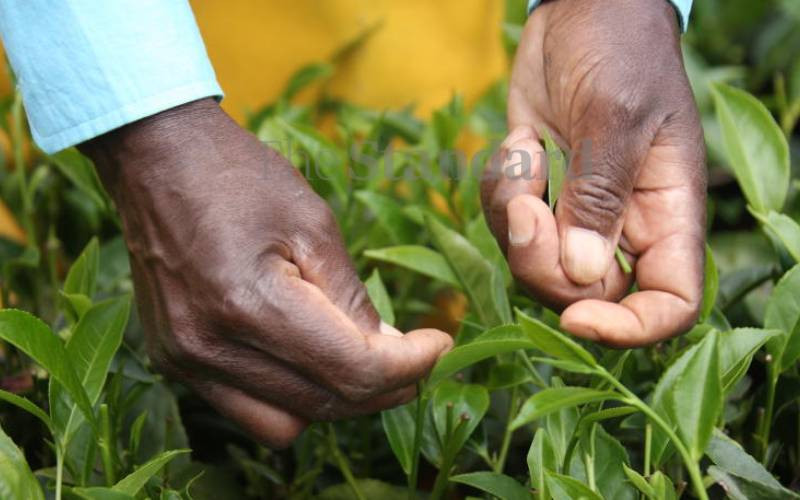×
The Standard e-Paper
Stay Informed, Even Offline

The tea industry is an essential cornerstone of Kenya's economy, creating jobs, supporting millions of livelihoods and generating substantial foreign exchange.
The potential for further value generation through sustainable practices is immense and must be seized. Globally, consumers appreciate quality tea sustainably grown and produced, often willing to pay a higher price. Such an opportunity must be harnessed to maximise the value derived from tea, thereby benefiting farmers, communities, and the national economy.